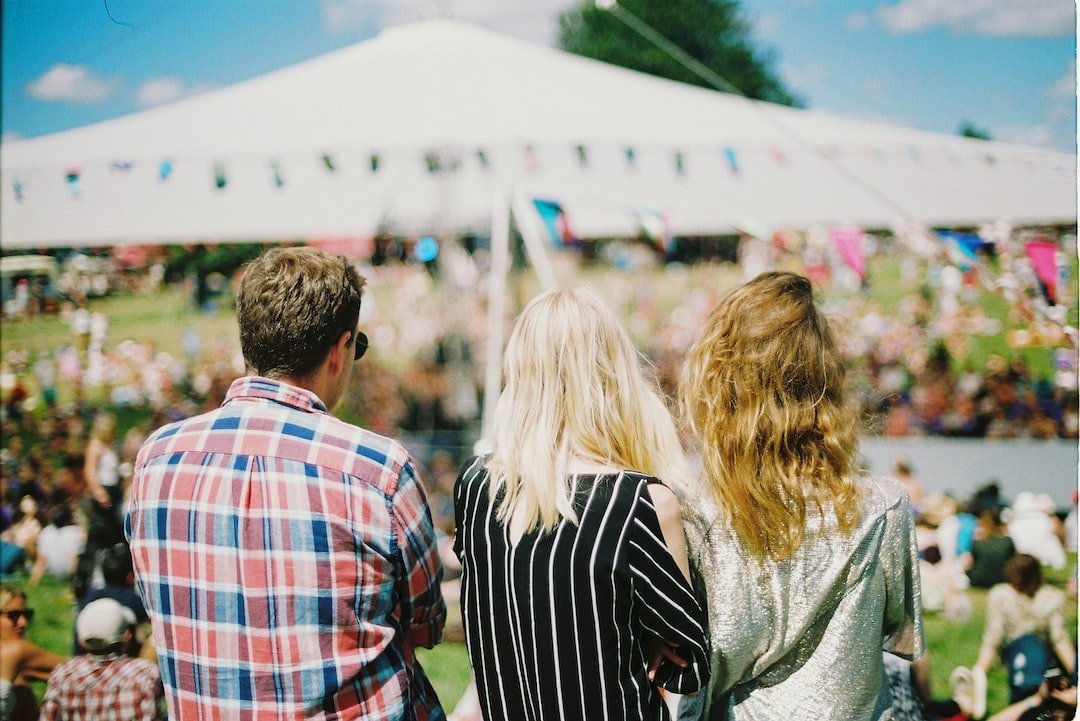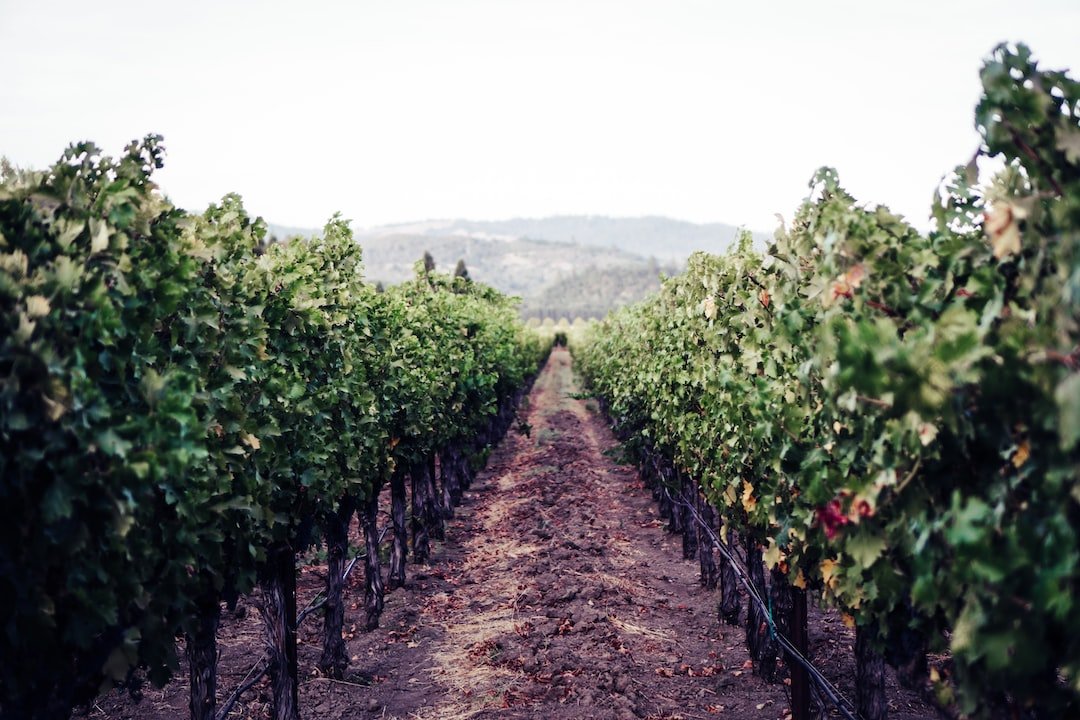
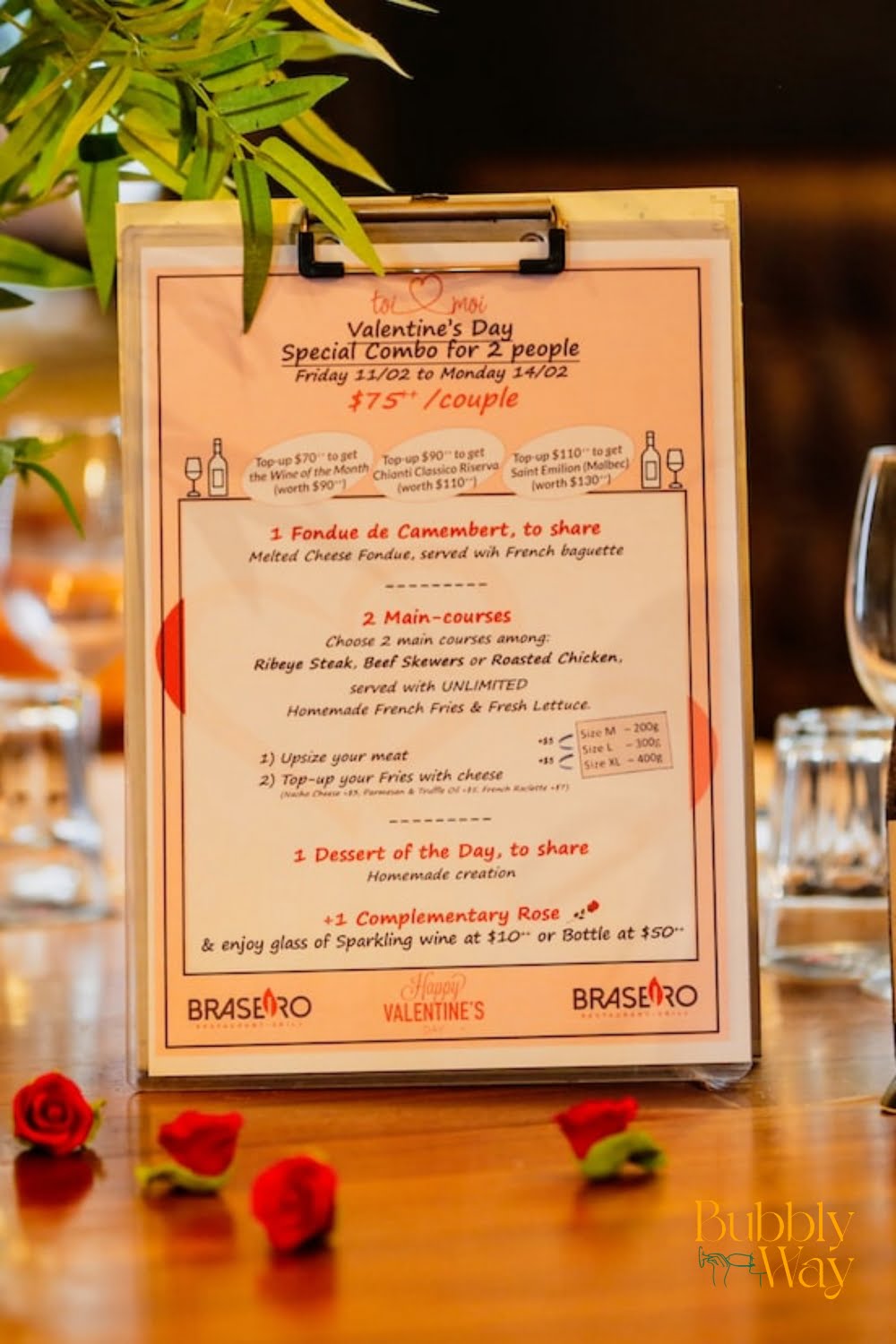
We all know that champagne is a delicious drink. But what happens when champagne goes bad? Can we still drink it? Here's what you need to know about spoiled champagne.The Shelf Life of ChampagneHow long does champagne last? That depends on a few factors. First, let's look at unopened champagne. If stored properly, unopened champagne can last for 3-5 years. But once you open the bottle, you only have about a week to drink it before it goes bad.Now, what causes champagne to go bad? One factor is oxygen. When champagne is exposed to oxygen, it starts to oxidize. This process makes the champagne lose its bubbles and taste flat. So, it's important to store champagne in a cool, dark place to prevent it from going bad.Signs That Champagne Has Gone BadThere are a few signs that you can look for to know if champagne has gone bad. First, check the color of the champagne. If it has started to turn brown, that's a sign that it has gone bad. Second, smell the champagne. If it has a sour smell, that's another sign that it's past its prime. Finally, take a taste of the champagne. If it tastes flat or sour, it's time to toss it out.If you see any of these signs, it's best to err on the side of caution and not drink the champagne. Spoiled champagne can cause upset stomach and other gastrointestinal issues. So, it's best to play it safe and just get rid of it.
Believe it or not, champagne can go bad. But how long does champagne last? Here's what you need to know to make sure your bubbly stays fresh.Champagne is a wine, and like all wines, it can go bad. The signs of bad champagne are usually a loss of effervescence, a change in color, and an off-putting smell. If you notice any of these, it's best to pour it out and open a new bottle.How long does champagne last?Generally speaking, champagne will be at its best for 2-3 years after the production date. But if you're drinking a vintage champagne, it can last much longer – up to 10 years or more.Of course, the best way to make sure your champagne is fresh is to drink it soon after you open it. But if you need to store it for a while, there are a few things you can do to extend its shelf life.First, storeChampagne in a cool, dark place. A wine cellar or cabinet is ideal, but a dark closet will also do the trick. You'll want to avoid places with fluorescent lights or direct sunlight, as these can cause the wine to deteriorate faster.Second, keepChampagne in its original packaging. If you transfer it to a new bottle, be sure to use one that's designed for storing wine. This will help to keep the wine fresh and prevent it
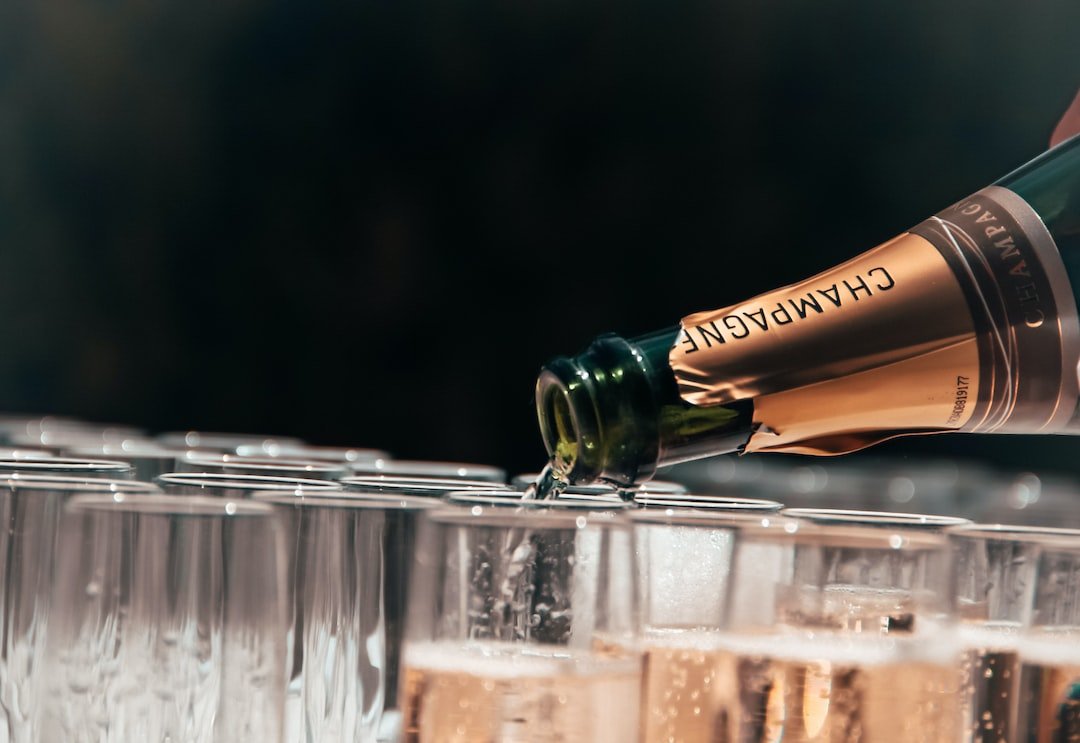
It's a question that's been asked for centuries: does champagne go bad? And the answer, it turns out, is a bit complicated.On the one hand, champagne is a wine, and like all wines, it will eventually go bad if left unrefrigerated. But on the other hand, champagne is a wine that's specifically designed to be enjoyed while it's young and fresh, so it's not necessarily a bad thing if it starts to taste a little off after a few years.So what's the real answer? Here's everything you need to know about how long champagne lasts, and how to tell if it's gone bad.How Long Does Champagne Last?In general, champagne will last for about two to three years before it starts to go bad. This is true for both unopened and opened bottles of champagne.Of course, there are a few factors that can affect how long your champagne will last. For example, if you store your champagne in a cool, dark place, it will last longer than if you store it in a warm, light place. And if you don't drink champagne very often, you might want to buy a wine preserver so you can keep your champagne fresh for longer.How to Tell if Champagne is BadThe easiest way to tell if champagne is bad is to smell it. If it smells sour or off, then it's probably gone bad. Youcan also taste the champagne to see if it tastes sour or off. If it does, then it's probably gone bad.If you're not sure whether or not your champagne is bad, you can always open a bottle and pour a small amount into a glass. Then smell and taste the champagne to see if it's still good.
When it comes to champagne, how can you tell if it's gone bad? There are a few key indicators. First, take a look at the color. If it's lost its bubbly effervescence and has gone flat, that's a bad sign. Second, give it a smell. If it smells off or sour, that's another sign that it's gone bad. Finally, take a taste. If the champagne tastes sour or has an unpleasant taste, it's best to throw it out.So, if you see any of these signs, it's best to not risk it and just get rid of the champagne. Better safe than sorry, right?
Champagne is a delicious, festive drink that can add a touch of elegance to any occasion. But did you know that there's a right way and a wrong way to store champagne?If you want to keep your champagne at its best, you should store it in a cool, dark place. If you have a wine cellar or cooler, that's ideal. If not, a closet or pantry away from direct sunlight will do.You should also keep your champagne away from any strong odors, as they can penetrate the cork and affect the taste of the wine. So, if you're storing your champagne in the kitchen, be sure to keep it away from things like garlic or onions.Finally, champagne should be stored upright, so that the cork stays moist. If it dries out, it can allow oxygen to enter the bottle, which will spoil the wine.So there you have it - a few simple tips to help you keep your champagne tasting great. Cheers!
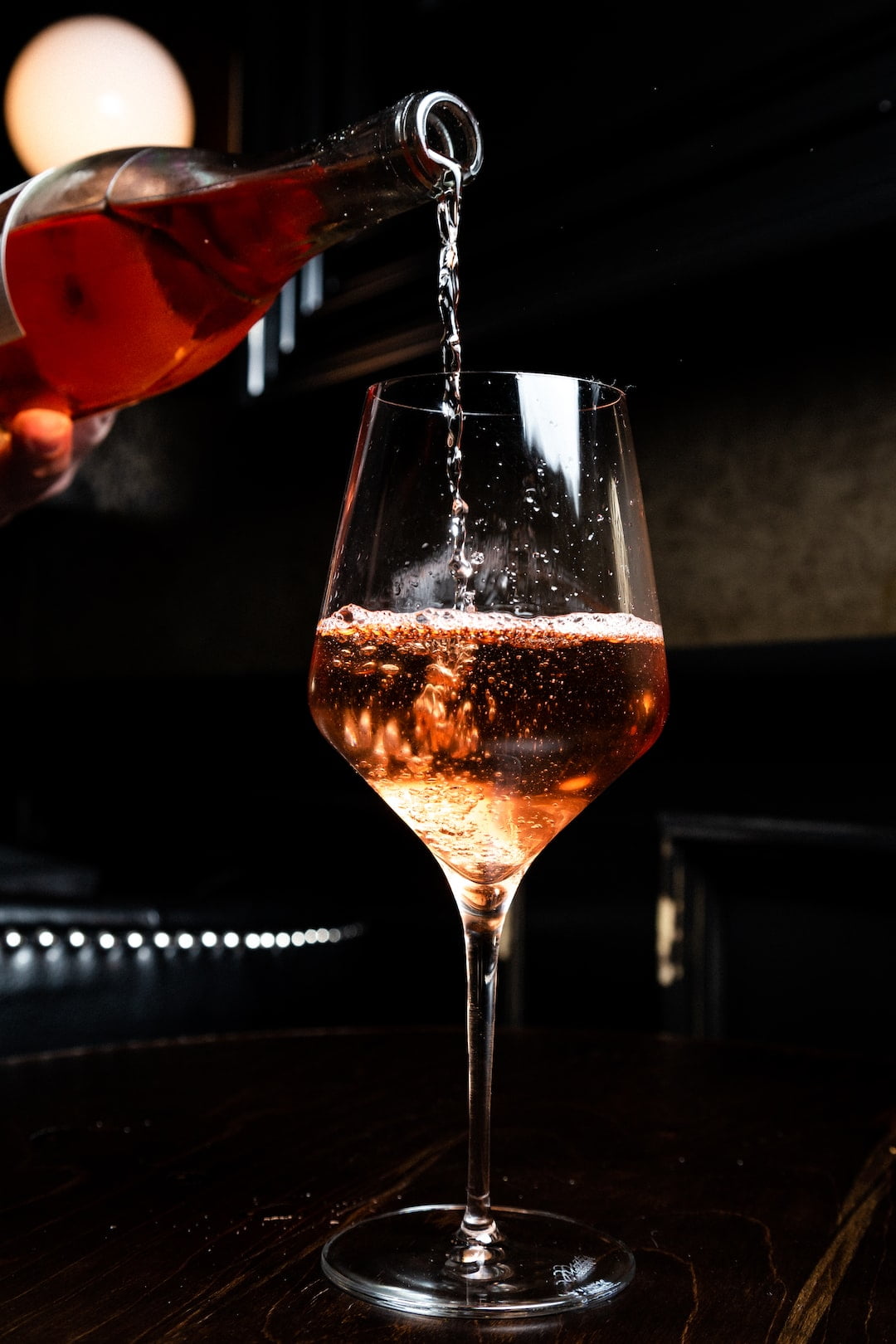
Have you ever poured yourself a glass of champagne only to take a sip and realize that something is off? Maybe the liquid is fizzy and sour, or the taste is bitter and unpleasant. If you've experienced this, you may be wondering: does champagne go bad?Unfortunately, the answer is yes. Champagne can go bad if it's not stored properly, and once it's gone bad, it's not safe to drink. Drinking bad champagne can cause stomach upset and other unpleasant symptoms.So how can you tell if your champagne has gone bad? There are a few telltale signs:-The color has changed significantly-The liquid is fizzy and smells sour-The taste is off (bitter, sour, or otherwise unpleasant)If you notice any of these signs, it's best to discard the champagne. Don't risk drinking something that could make you sick - it's not worth it!
You may be wondering - does champagne go bad? The short answer is yes, eventually all champagnes will go bad. But there are some things you can do to extend the life of your champagne.Champagne is best stored in a cool, dry place. Ideally, you should keep it in a wine cellar or a temperature-controlled environment. exposure to light and heat will cause champagne to deteriorate faster, so it's best to keep it in a dark, cool place.You can also extend the life of your champagne by storing it in the refrigerator. This will help to slow down the oxidation process. Just be sure to take it out of the fridge a few hours before you plan to drink it, as champagne tastes best when it is served at room temperature.So there you have it - a few tips to help you enjoy your champagne for a longer period of time. Cheers!
Does champagne go bad? The short answer is no. Champagne is a wine, and like all wines, it can change over time. But unlike other wines, champagne actually gets better with age.So, if you have a bottle of champagne that's been sitting in your cellar for a few years, don't be afraid to open it. You may be surprised at how good it tastes.Of course, not all champagnes are created equal. Some are meant to be consumed young, while others can age for decades. If you're not sure how long your champagne has been aging, consult a wine expert. They'll be able to tell you if it's still good to drink.So, next time you're wondering whether to pop that bottle of bubbly, go ahead and give it a try. You may be pleasantly surprised.
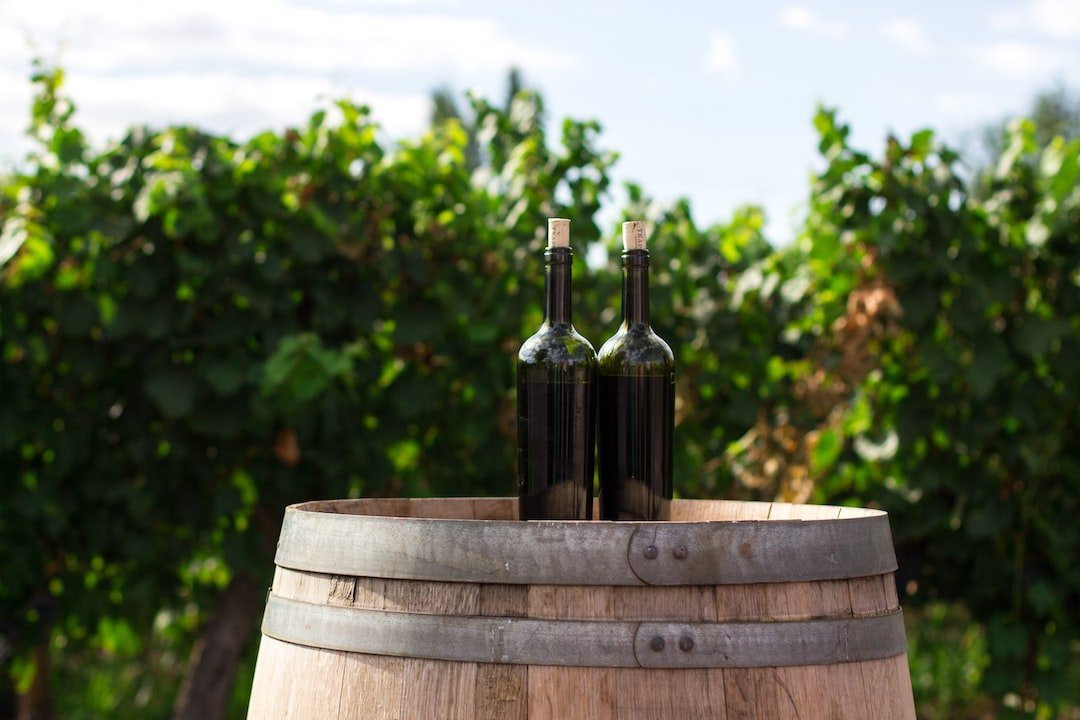
There are a few risks that come with drinking expired champagne. For one, the champagne may taste bad. This is obviously the biggest risk, as you may not enjoy the taste of the champagne and feel like you wasted your money. Additionally, champagne that has gone bad can cause indigestion, as the bubbles may be incredibly harsh on your stomach. Finally, drinking bad champagne may give you a headache, as the alcohol content can be higher than what you're used to.Of course, these risks are all relatively minor. The biggest risk of all is that you might not enjoy the taste of the champagne. If you're not careful, you could end up wasting a lot of money on something that you don't even like. So, if you're going to drink expired champagne, be sure to do your research ahead of time and make sure it's something that you're likely to enjoy.
Still wondering if that bottle of champagne in your fridge is any good? Here's what you can do to tell.First, check the expiration date on the bottle. Most champagne has a shelf life of 2-3 years, so if it's past that point, it's probably not going to taste very good.Second, take a look at the appearance of the champagne. If it's starting to look cloudy or has sediment at the bottom, it's probably not going to taste very good.Finally, give it a smell. If it smells off or vinegary, it's probably not going to taste very good either.If you're not sure, it's probably best to open a new bottle. But if you're feeling adventurous, go ahead and give it a try!
You might be wondering if it's safe to drink champagne that has been open for awhile. The answer is yes, as long as the champagne has been properly stored. Here are a few things to keep in mind if you're planning on drinking champagne that has been open for awhile:-The champagne should be stored in a cool, dark place.-The champagne should be covered, either with a wine stopper or a piece of foil.-You should check the champagne for any signs of spoilage before drinking it. These signs include a change in color, a funky odor, or bubbles that don't appear to be bubbly.If the champagne looks and smells fine, then it's probably safe to drink. However, if you're not sure, it's always better to err on the side of caution and throw it out. Better safe than sorry!
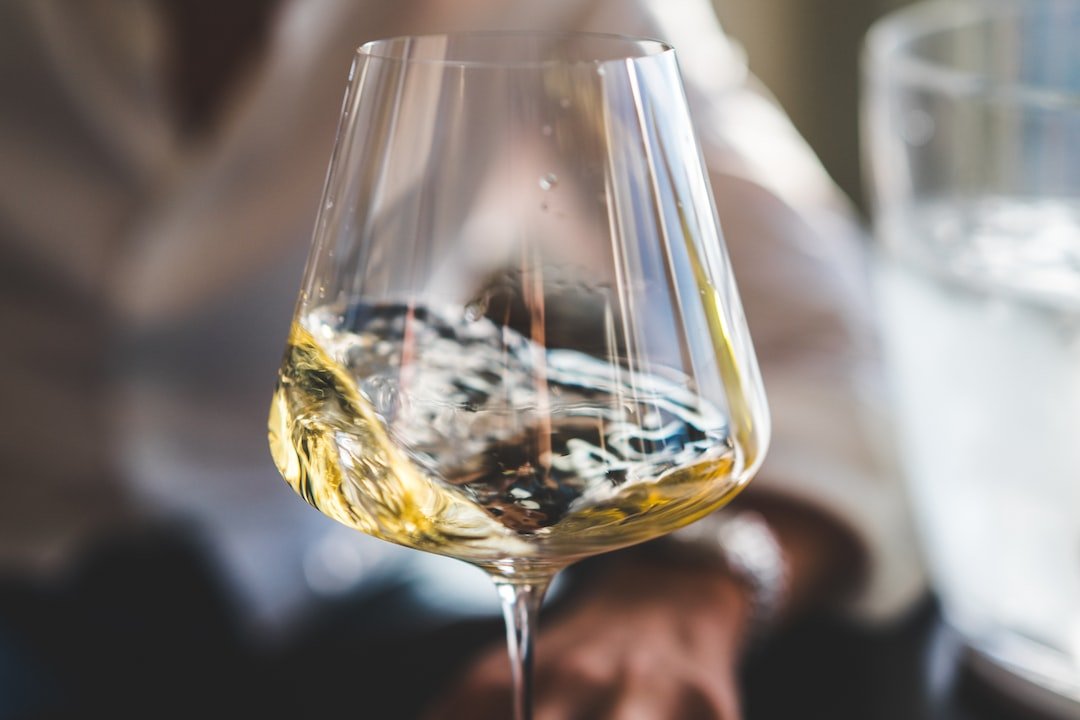
We all know that Champagne is a luxurious drink. It's the drink ofchoice for special occasions, and it's often used to celebrate ajob well done. But what happens when Champagne goes bad?Bad Champagne can taste sour, flat, and even have a vinegary smell. If you drink bad Champagne, you may experience an upset stomach, diarrhea, and vomiting. In extreme cases, you could even get food poisoning. So it's important to be aware of the signs that Champagne has gone bad, and to know how to properly store it to prevent it from going bad in the first place.Fortunately, there are a few simple tips you can follow to help ensure your Champagne stays fresh. First, be sure to store your Champagne in a cool, dark place. If you're going to be storing your Champagne for more than a few weeks, be sure to keep it in the refrigerator.Next, be sure to check the expiration date on your Champagne before you drink it. Champagne can go bad just like any other food or drink, so it's important to be aware of its expiration date.Finally, if you notice any strange smells or tastes coming from your Champagne, it's best to throw it out. It's better to be safe than sorry when it comes to drinking bad Champagne.So there you have it: a few simple tips to help you keep your Champagne fresh
DoesChampagne Go Bad?You might be wondering if that bottle of champagne you've had sitting in the fridge for months is still good to drink. Well, there are a few ways you can tell if a bottle of champagne is fake. One way is to look for a small hole in the cork. This is typically a sign that the champagne has been tampered with and is not the real deal. Another way to tell if a bottle of champagne is fake is to look at the color of the wine. If it is too dark or too light, it is likely a fake. Finally, you can tell if a bottle of champagne is fake if the bubbles are too small or too big. If the bubbles are too small, it means the champagne has been sitting for too long and has lost its effervescence. If the bubbles are too big, it means the champagne has been diluted with carbon dioxide.So, if you're wondering if that bottle of champagne is still good to drink, it's probably best to err on the side of caution and just get a new one. Cheers!
When it comes to alcoholic beverages, champagne is one of the healthier options. That’s because champagne contains polyphenols, which are antioxidants that can help protect your body against cell damage. Champagne can also help improve your cholesterol levels and lower your risk of heart disease.So, if you’re looking for a healthy way to celebrate, champagne may be the way to go! Just remember to drink responsibly.Champagne is a delicate drink, however, and it can go bad if it’s not stored properly. Here are a few tips to keep your champagne fresh:- Store champagne in a cool, dark place.- Champagne should be consumed within a year of being bottled.- If you notice that your champagne has developed an off- smell or flavor, it’s best to discard it.By following these simple tips, you can enjoy your champagne for months to come!
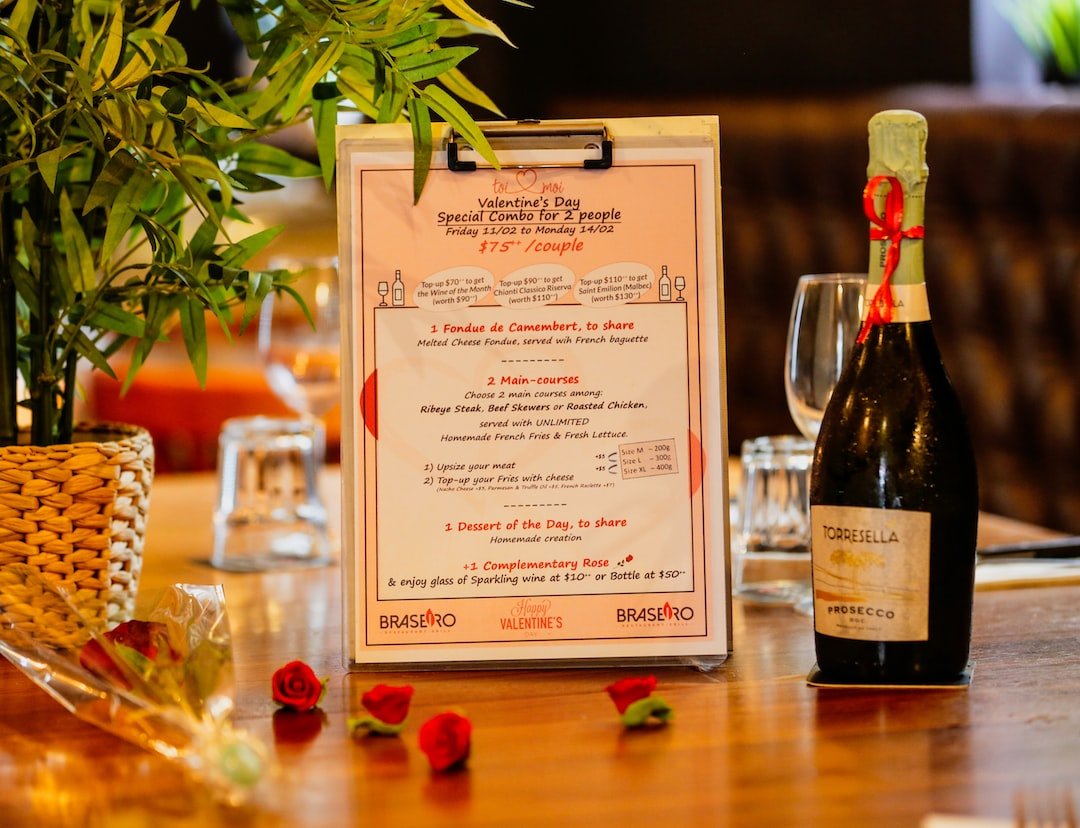
When it comes to drinking champagne, there are a few potential side effects that you should be aware of. One is that champagne can cause dehydration, so make sure you drink plenty of water if you plan on indulging. Additionally, champagne can also lead to headaches and upset stomachs in some people, so it's best to drink in moderation. And finally, keep in mind that champagne can lower your inhibitions, so be careful if you plan on driving or doing anything else that requires clear judgment.So, does champagne go bad? Technically, no. Champagne is a wine, and like most wines, it will eventually start to turn if it's not properly stored. But if you drink it within a few years of buying it, you should be fine. So pop that bottle and enjoy!
You might be wondering how much champagne you should drink. The answer, of course, depends on your tolerance and what you're trying to achieve. If you're trying to get buzzed, then a couple glasses should do the trick. But if you're looking to get drunk, then you'll need to drink more.As with any alcohol, it's important to drink responsibly and to know your limits. Champagne can go to your head quickly, so make sure you pace yourself. drink water in between glasses of champagne, and try to eat something if you're drinking on an empty stomach.Most importantly, enjoy yourself! Champagne is a festive drink that's meant to be enjoyed. Whether you're drinking it at a party or just relaxing at home, make sure you savor the moment. Cheers!
The answer to this question is a bit complicated. While champagne may not technically go bad, it can lose its flavor and become less enjoyable to drink. If you have an unopened bottle of champagne that is more than a few years old, it is probably best to just buy a new one. However, if you have a half-finished bottle of champagne that has been open for awhile, it is still probably safe to drink. Just be aware that it might not taste as good as it once did.

